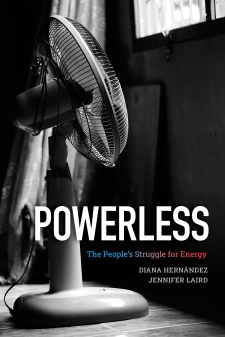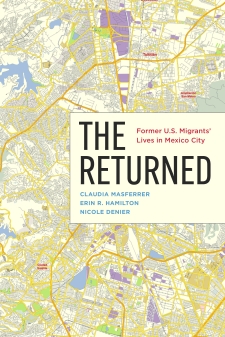The Role of Landlords in Shaping Housing Opportunities for Low-Income Households
Over the past two decades, there has been a change in federal low-income housing policy, with a reduction in spending on large-scale public housing developments and an increase in vouchers that participants use to find private housing units. Starting in the early 2000s, the Housing Choice Voucher program (HCV)—commonly referred to as “Section 8”—became the primary form of low-income housing assistance. Those with vouchers find their own housing in the private market and pay landlords 30% of their income in rent. Landlords receive the remaining share of the fair market value rent from the local housing authority. Recent research highlights the extent to which landlords influence the residential trajectories of low-income renters, either by offering units only in certain neighborhoods or forcing them to move. The goal of this project is to better understand the perspectives of landlords, the ways in which they respond to these issues, and how it affects their participation in the HCV program.
Sociologist Anita Zuberi will analyze 29 recently-completed in-depth interviews with Pittsburgh landlords to 1) gain a deeper understanding of how landlords working with lower-income households make meaning of their role, exploring both economic and non-economic aspects of this relationship; 2) detail the tools landlords use with tenants (such as screening and eviction); and 3) evaluate the experience of landlords working with the HCV program.





